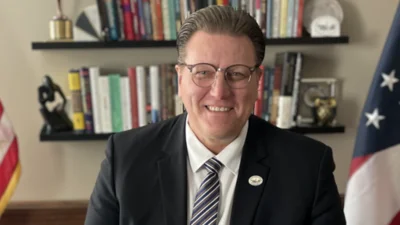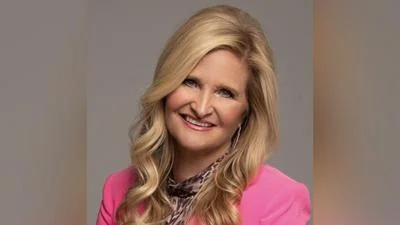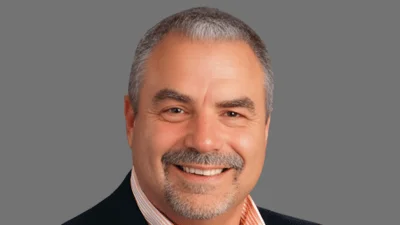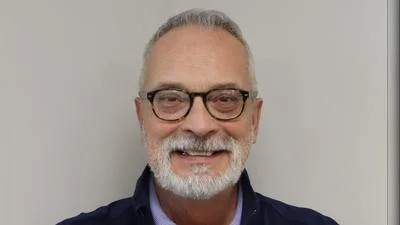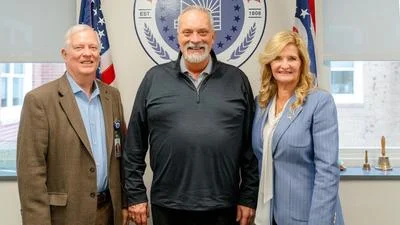In the midst of a heated campaign for Knox County Commissioner, Drenda Keesee has emerged as a vocal opponent of solar projects encroaching on the community.
As a member of Preserve Knox County, Keesee was an early opponent to solar projects being considered in Knox County. The matter has gained prominence in local politics following the decision by the Knox County Commission to authorize Open Roads Renewables to construct an industrial solar facility on 1,500 acres of farmland in Clinton and Miller Townships.
She is now vying for a seat on the county commission to fight against what she sees as a threat to the region's future.
Keesee is an author, minister, television host and political commentator who also serves as the vice president of Forward Financial Services. She has lived in Knox County for 28 years.
“I have 12 grandchildren and I have raised my family here,” she told the Mount Vernon News.
Her journey into the political arena began when she discovered plans for massive solar panel installations near her home, without any prior notification or engagement from county commissioners.
"I woke up one day to find out that they were putting 1.5 million solar panels around my home and had no knowledge of it," she said.
Keesee mobilized her neighborhood to oppose the solar projects and raise awareness about their potential impacts. She pointed to the environmental and agricultural concerns associated with large-scale solar farms.
Keesee's stance is rooted in concerns about the effect of the solar projects on neighbors, environmental hazards and the economic implications of the solar projects. She criticized the current Knox County Commission of allegedly prioritizing outside interests over the well-being of Knox County residents.
"Our commissioner has failed to do that," she said.
Keesee accused incumbent Knox County Commissioner Thom Collier, who has served in the role for 12 years, of disregarding community voices.
Keesee and realtor Bob Phillips are challenging Collier in the March 19 primary. The three candidates participated in a question and answer session on Feb. 20 at the Woodward Opera House.
Keesee highlighted the broader economic and political ramifications of the solar projects, linking them to national and international agendas such as the Green New Deal and World Economic Forum initiatives.
“Zero carbon emissions mandates and all of these pressures to move away from fossil fuels completely, has come to my back door and wow, here it is, and nobody knew about it,” she said. “None of us were notified until they told us, as Commissioner Collier said, ‘It's a done deal.’”
She expressed skepticism about the purported benefits of these projects and warned against the potential consequences for local farmers and small businesses.
In addition to her opposition to the solar projects, Keesee outlined her vision for Knox County's future, emphasizing the need to prioritize the interests of local residents and businesses.
She has pledged to facilitate community engagement and advocate for policies that support middle-income families and small businesses.
“We've got to build some infrastructure here,” Keesee said. “Help our businesses, protect our resources and certainly grow our middle income housing and our middle income families here while we take care of the growing homeless population that I've seen began to increase the fentanyl and drug usage.”
For the sake of transparency, Keesee is also in support of moving the Knox County Commission meetings to the evening and livestreaming them so more county residents can take part.
“I would move the meetings to the evening,” she said. “Our people cannot attend the meetings because they are at 10 a.m. and most hard working people that care about their community are at work during that time. So people have asked for a long time to either livestream the meetings or move into the evenings. I would do that the first week.”



